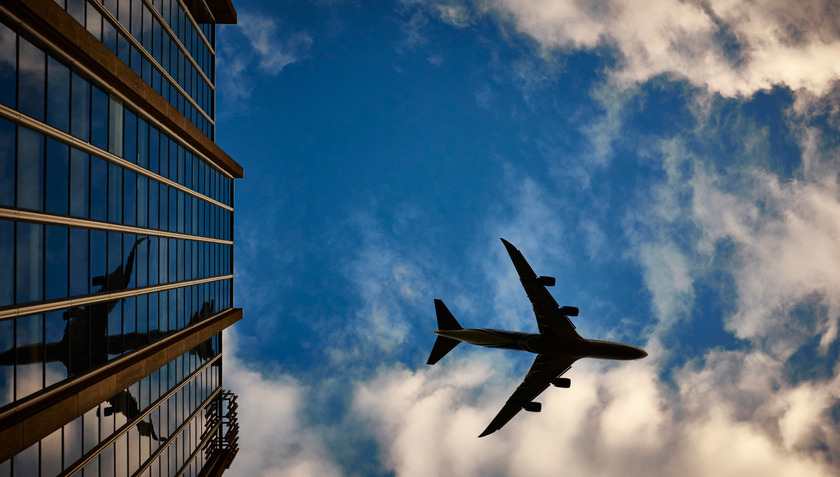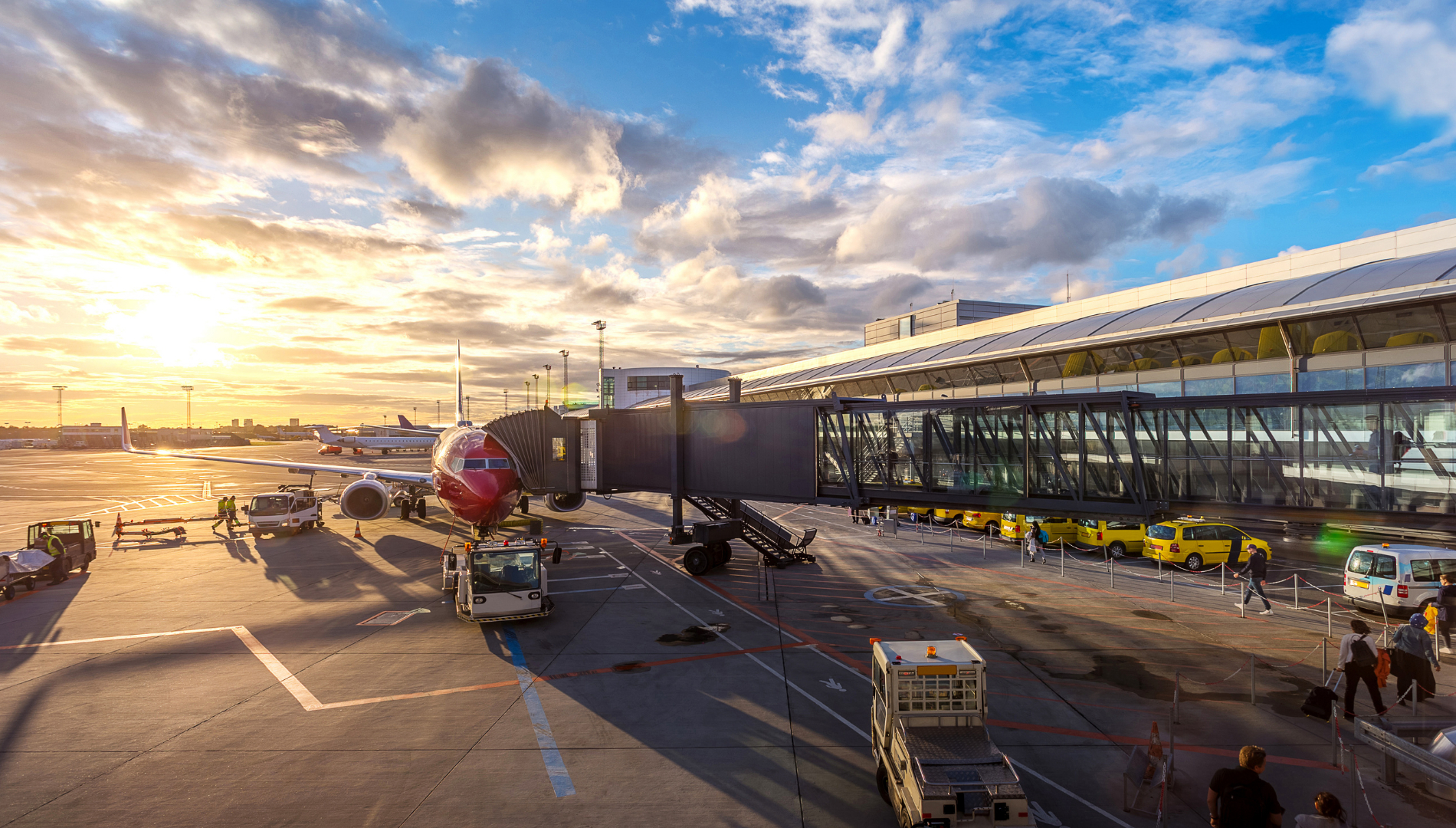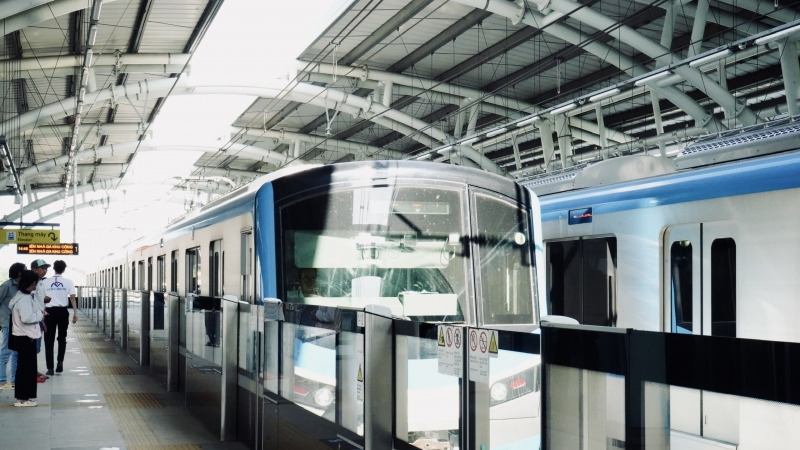Amidst the somber atmosphere at Muan Airport, condolences were offered to the families of the victims of the Jeju Air plane crash, along with the anxieties of travelers. The tragic incident has shaken public confidence in the safety of South Korean aviation, leading to an unprecedented wave of ticket cancellations.
Images of empty seats on flights and mass cancellations of airline tickets have become a harsh reality, reflecting the general public's anxiety and concern. This event has not only caused serious economic damage to the aviation industry but also negatively impacted South Korea's tourism industry, especially during the peak year-end season.

Before the grief could even subside, a massive wave of ticket cancellations hit the aviation industry.
Concerns about safety are spreading on social media in South Korea, contributing to the cancellation of approximately 68,000 Jeju Air flight bookings as of yesterday afternoon (December 30). Starting on the night of December 29, around 33,000 domestic and 34,000 international flight bookings were canceled following the accident at Muan Airport. Jeju Air is offering free cancellations for customers who purchased tickets on or before December 29.
Of the 68,000 cancellations, approximately 33,000 were for domestic flights within South Korea and about 35,000 for international flights. Immediately after the incident, Jeju Air closed its booking page on its website.
Furthermore, at the opening of trading on December 30th, Jeju Air's stock plummeted 15.7%, reaching its lowest point since the airline's listing in 2015. Currently, the decline has narrowed to 8.4%. AK Holdings, Jeju Air's parent company, also dropped 12%, its lowest in 16 years. Prior to the accident, Jeju Air had been the most popular low-cost airline in South Korea for many years. According to the National Customer Satisfaction Index (NCSI) of the Korea Productivity Center, 2023 marked the fifth consecutive year that Jeju Air held the top position since 2018.

This not only caused serious economic damage to the aviation industry but also shook tourist confidence, posing many challenges for South Korea's tourism industry in the future.
According to Yonhap, South Korea's tourism industry is facing an unprecedented challenge following the aviation tragedy at Muan Airport. Tourist concerns about aviation safety are significantly increasing, seriously threatening tourism numbers and industry revenue. Mass cancellations of flights by tourists are not only causing direct losses for airlines but are also impacting the entire tourism supply chain.
Although the exact cause of the accident has yet to be determined, online forums are seeing a surge in posts from people expressing their newly emerging fears about flying. Son, a Seoul resident, commented, "I used to travel abroad every holiday season, but now I'm planning to avoid international trips during this time. Even for domestic travel, I'm considering taking the train instead of the plane."
Experts predict that the situation could become even more complicated in the future if timely corrective measures are not taken. To restore tourist confidence, the South Korean tourism industry needs strong efforts to ensure aviation safety, while also implementing proactive tourism promotion programs and providing support policies for businesses. Restoring the tourism image after the tragedy is an urgent task, not only for the benefit of the tourism industry but also for the overall economic development of the country.

 VI
VI EN
EN


































